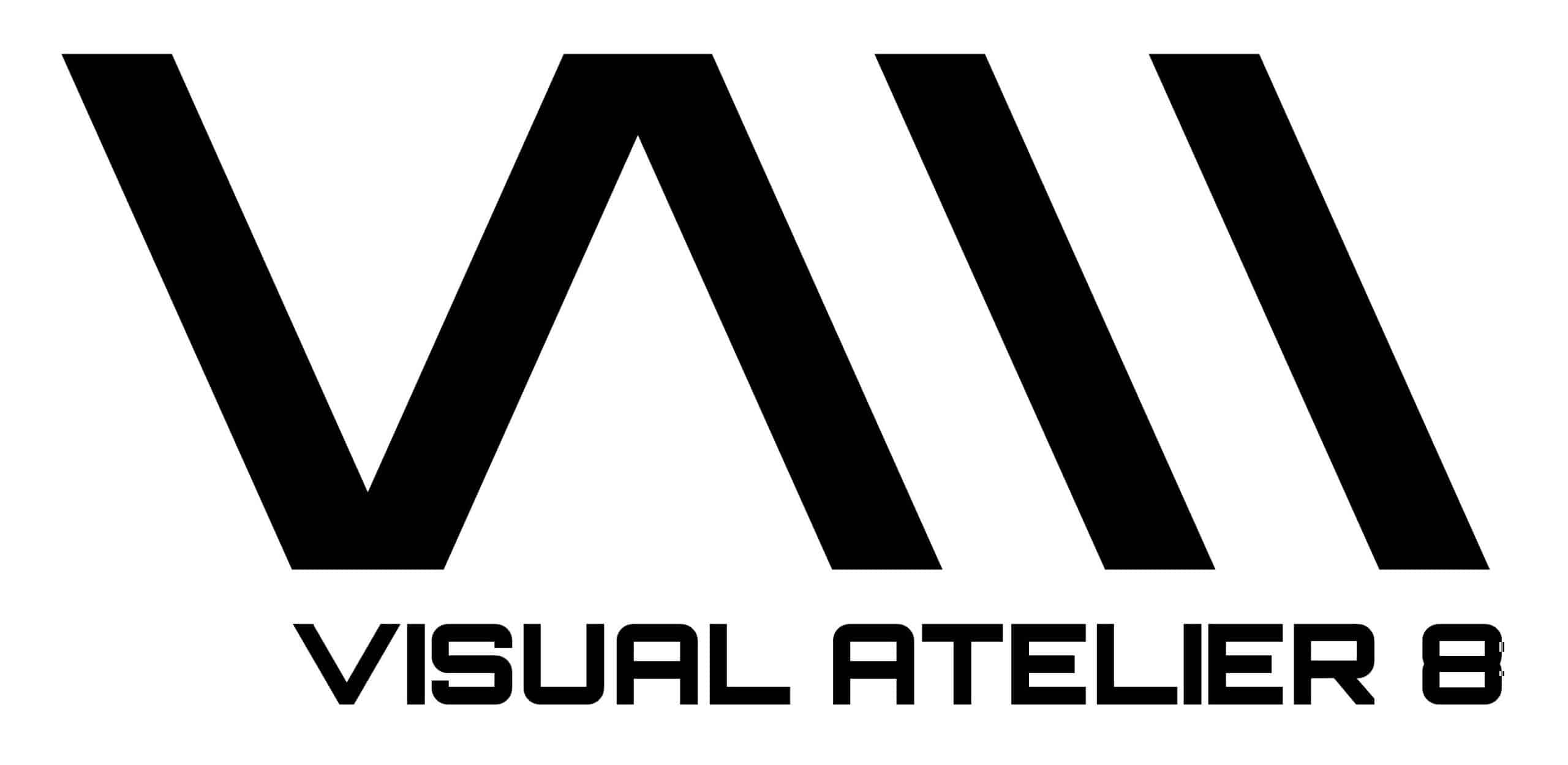
Hello Marco, it is a pleasure for us to sit down with you. Opposed to asking the predictable questions about why illustration, or how you choose your style, or what inspires you, I seek to know what underlying motivations influence your themes.
Hello, nice to meet you and thank you for this interview.
Sometimes we find pleasure in some ability and this motivates us to become something in the world, in your case, this is an illustrator. Besides communicating through pictures you are also doing a cultural critique, so would you ever consider also becoming a writer or storyteller, why or why not?
I envy people who have the gift of story writing because I am unfortunately not gifted in this way. We only have one life and we can’t all do everything. In ways, I also tell stories, but through images.

Digital art gives so much freedom through its efficiency, and I have read that you are talented in handcraft as well as technical skills. Being aware of the differences between these myself, do you find that the required diligence in physically painting something is worth the rewards lavished upon traditional creative processes over digital? Why do you think this bias exists?
Interesting question. When I studied art it was traditional fine art, and when I finished school I was able to do traditional styles, but I had to also learn digital due to everything having converted. In the beginning, this was a struggle because digital programs were new to me and it had a big learning curve. But over time and with Wacom tablets, things became more like traditional drawing.
Using a digital pen and monitor was very much like reality, so this made things very enjoyable for me. There is also much speed and ability to editing which makes digital almost a perfect tool. But I still use traditional techniques. Having a background in traditional techniques give extra benefits. Traditional art is a good base it gives a deeper understanding, so maybe this is why it is valued.
What social problems recur in your work that you now know to hold an inward concern for you? How do you think art can be used as a means to correct these kinds of issues, or, is art powerful enough to inspire such action?
This question is kind of complex. Many of my works are based on commissions, so it isn’t I who choose the topics, so the things that the images are about are often related to articles with their own themes. When I work on personal projects I choose relatable content with contemporary topics or about social issues, and this is only because I find them interesting. I don’t take these things very seriously, they are often fun, things I’m inspired by from my daily life, I don’t work with a goal of correcting problems, but I do seek to offer another point of view.

Every illustrator dreams of doing a cover for the New Yorker. They often grant one a brief with themes that one must interpret into an image. If your brief said to create an image about political correctness, Generation z, Algocracy (life controlled by an algorithm) and wealth inequality, how would you distill this into a single image (paint us a mental picture of it)?
I await the ability to do a New Yorker cover. If I had a nice idea I probably wouldn’t tell you about it now, better to save it for a picture and than show you.
Art as a story is as old as Hieroglyphics and stained-glass windows. Propaganda took this antique tool and weaponized it for political intrigue. Your work also seems like it could be called G-rated propaganda by some, how would you defend against this claim?
Because my work gets many different reactions I think it can’t exist as propaganda. The only images that could be seen like propaganda may be political issues, but I always try to stay away from strictly political messages, I rather seek humor and something light-hearted. I don’ have specific political views, so I would make images about Trump or Hilary and find humor from either.

There is a certain innocence and charm to your work as it’s presented, though if its themes were produced in a more photo-realistic form they could be viewed as shocking or even controversial, does the medium make the message?
I like making images that are less photo-realistic and more conceptual. Making illustrations based on photos make people dependent upon visual references and it’s hard to develop a unique style in this way. My style is less like taking an image as if from a camera, but it gives me the freedom to communicate how I wish without restraints or limitations. Drawing is a mental process, so what comes out naturally is more like a pure desire rather than a real thing.
What do you think is missing from the cultural conversation that you so beautifully provide?
Nowadays there seems to be an overdose of input. The real problem seems like a lack of time and desire to get deeper into what is being done. If someone has the time to search for materials, there is everything anyone would want. When such a lack of effort or maybe the opportunity doesn’t exist, it’s easy for art to become similar to everything that is already popular just for ease.


All images courtesy of Marco Melgrati, shared with permission

